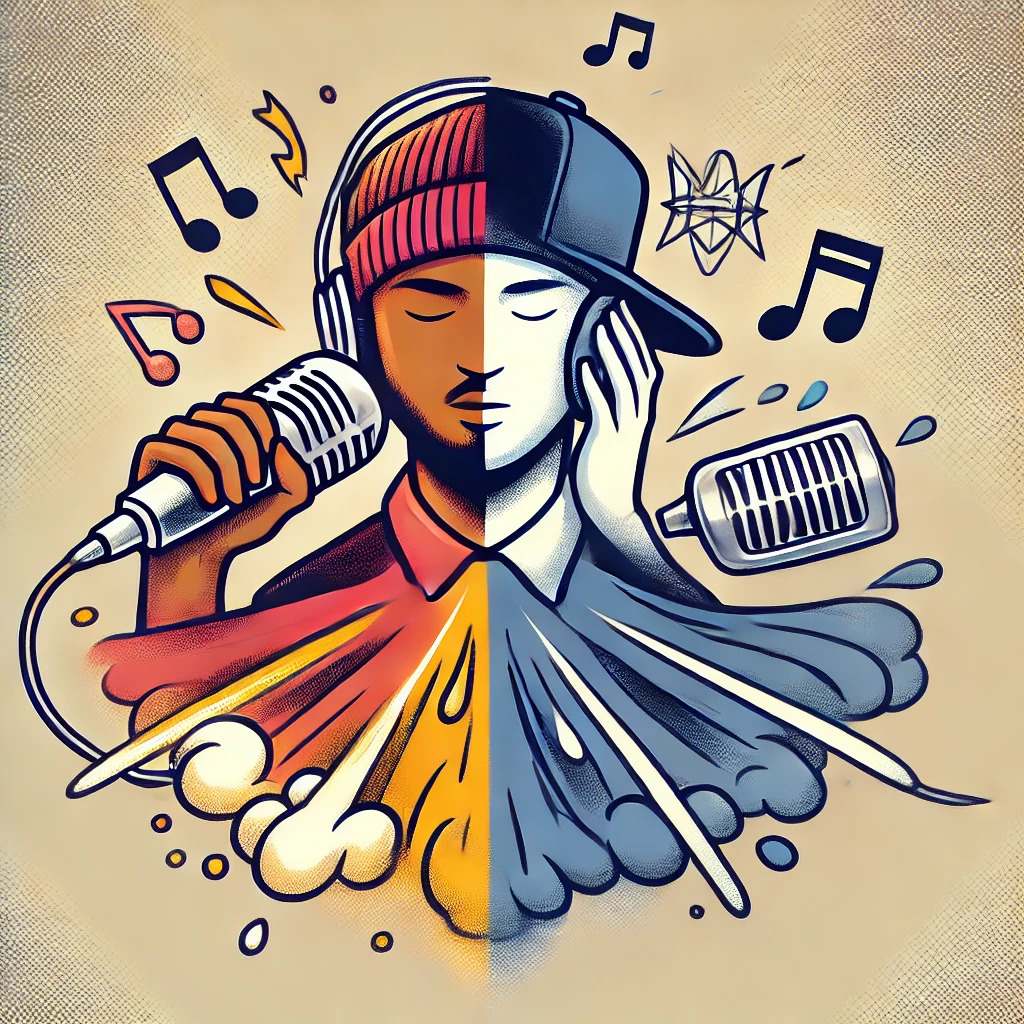The phenomenon of genre-bending in music is a testament to the dynamic interaction between musical and cultural elements. This interplay is further amplified by advancements in technology and the pervasive influence of globalization. As music and culture intertwine, new genres emerge, defying traditional classifications and fostering a global music landscape that transcends geographical boundaries. This article explores the implications of genre-bending for music therapy, emphasizing the importance of understanding multicultural music personhood and the hybrid therapeutic dynamics that arise from these global influences.
Digitalization and Globalization in Music
The Digital Music Revolution
The advent of digital technology has revolutionized the way music is created, distributed, and consumed. Music streaming platforms, digital production tools, and social media have democratized access to music, allowing both consumers and creators to participate in a global musical dialogue. This democratization has fostered a global digital agency, enabling individuals to shape their musical identities and engage with diverse musical experiences.
The Impact of Globalization
Globalization has further expanded the reach of music, creating a global music landscape where cultural exchange and hybridization are the norms. In this interconnected world, music transcends local boundaries, contributing to the development of multicultural identities. These identities are not only reflective of diverse musical tastes but also of the sociocultural contexts in which individuals live and engage with music.
Understanding Genre-Bending
Defining Genre-Bending
Genre-bending refers to the blending of musical styles and cultural elements, resulting in the creation of new, hybrid genres. This phenomenon challenges traditional genre classifications, reflecting the fluidity of cultural boundaries and the evolving nature of music. Genre-bending is characterized by its defiance of simple categorization and its embrace of cultural hybridity.
The Role of Technology
Technology plays a crucial role in facilitating genre-bending. Digital production tools enable artists to experiment with different sounds and styles, while streaming platforms allow consumers to access and curate diverse musical experiences. This technological landscape supports the creation and dissemination of hybrid genres, fostering a global culture of musical exploration and innovation.
Implications for Music Therapy
Multicultural Music Personhood
In the context of music therapy, the concept of multicultural music personhood is essential. Both therapists and clients bring their multicultural identities to the therapeutic space, shaped by their engagement with the global music landscape. This engagement influences their musical preferences, resources, and the ways they relate to music as a form of self-expression and cultural identity.
Hybrid Therapeutic Dynamics
Music therapy must adapt to the realities of genre-bending and multicultural identities. Therapists need to recognize and support clients’ roles as both consumers and curators of music. This involves acknowledging the digital agency of clients, who actively shape their musical experiences and identities. By embracing hybrid therapeutic dynamics, therapists can create a more inclusive and responsive therapeutic environment.
Practical Applications in Music Therapy
Client-Centered Approaches
Therapists should adopt client-centered approaches that prioritize the lived experiences and cultural assets of clients. This involves creating shared aesthetic spaces where clients can express their identities through music. Therapists must be attuned to the sociocultural contexts of clients, facilitating meaningful interactions that reflect clients’ multicultural personhood.
Technological Integration
Integrating technology into music therapy practices is essential for supporting genre-bending and digital agency. Therapists can use digital tools to facilitate music creation, exploration, and curation. This not only enhances the therapeutic process but also empowers clients to take an active role in shaping their musical experiences.
Elvoving Phenomenon of Genre-Bending
The evolving phenomenon of genre-bending, driven by digitalization and globalization, has profound implications for music therapy. By understanding and embracing the hybrid nature of musical identities and the global music landscape, therapists can better support clients in their musical journeys. This requires a commitment to client-centered approaches, technological integration, and a deep appreciation of multicultural music personhood. In doing so, music therapy can become a more inclusive and dynamic field, responsive to the diverse needs and identities of clients in a globalized world.Diagram: Genre-Bending in Music Therapy
Incorporating these insights into music therapy practices not only enhances the therapeutic experience but also aligns with the evolving nature of music and culture in a globalized world. By recognizing the importance of genre-bending and the role of technology, therapists can better support their clients in navigating their musical identities and cultural experiences.
For more updates on diverse styles of music, legal issues, art, ai tech and celebrity news, follow us on x.com/syncmashene and don’t forget to like comment and subscribe for more quick video insights, see you next time
Support our original content, music compositions, free for your videos, and join our community! Together, we can make a difference. If you can, please consider making a donation. Hope to see you with us! Tommy Mac https://ko-fi.com/mashene


